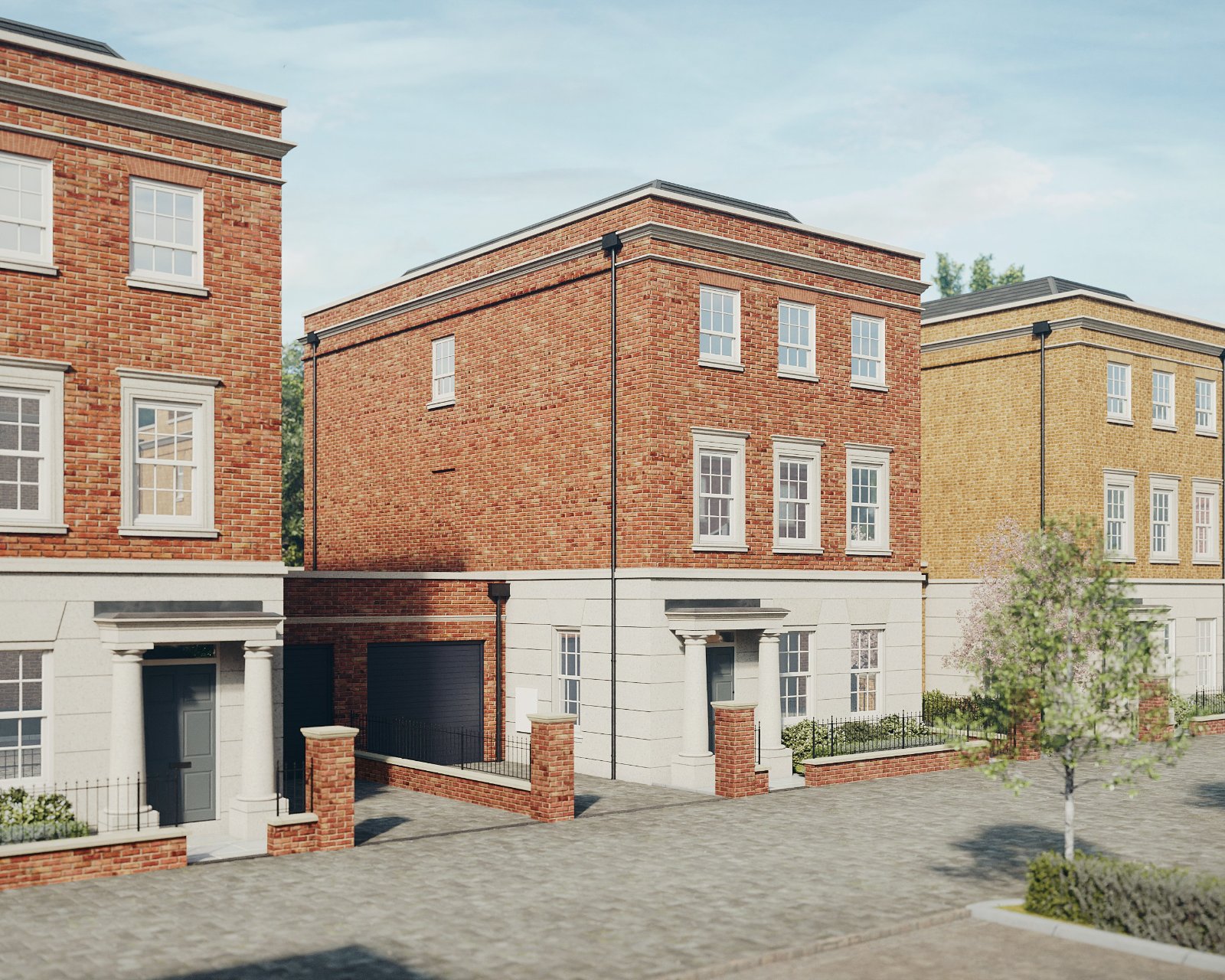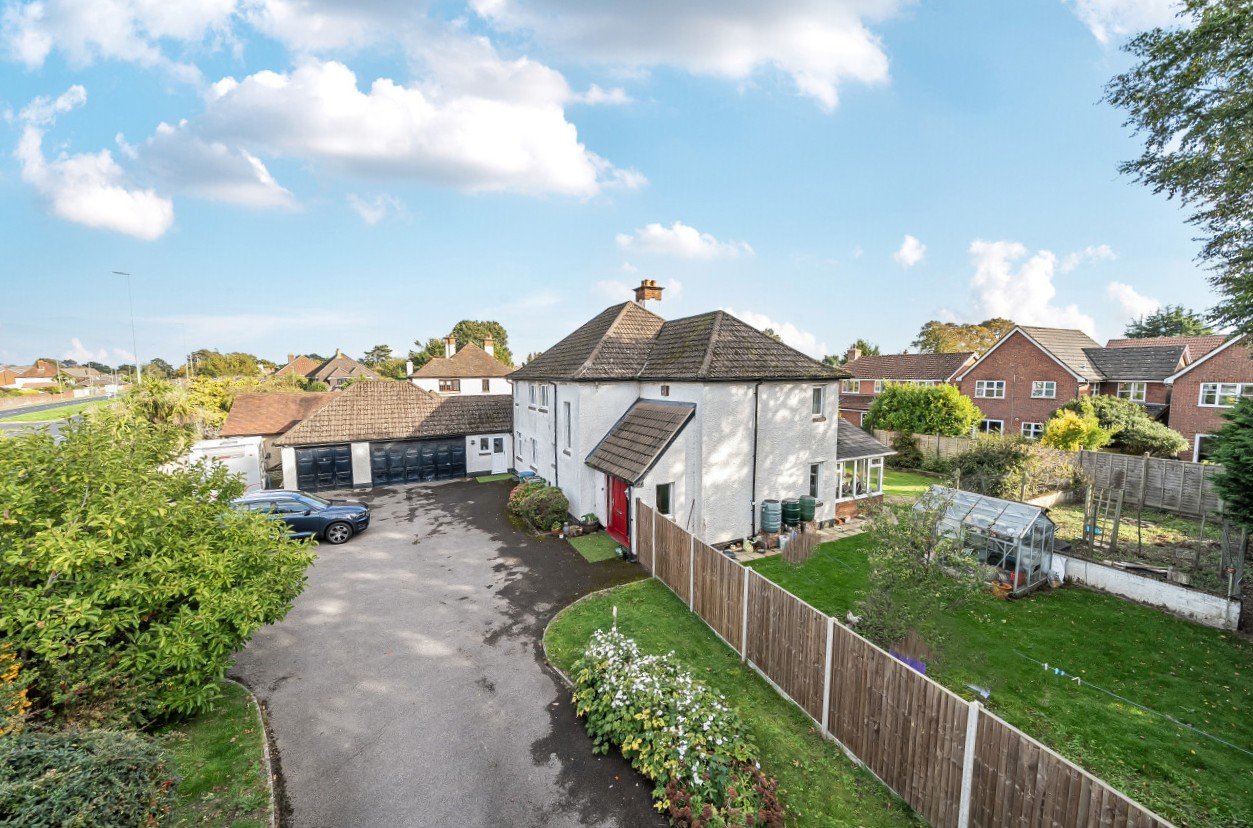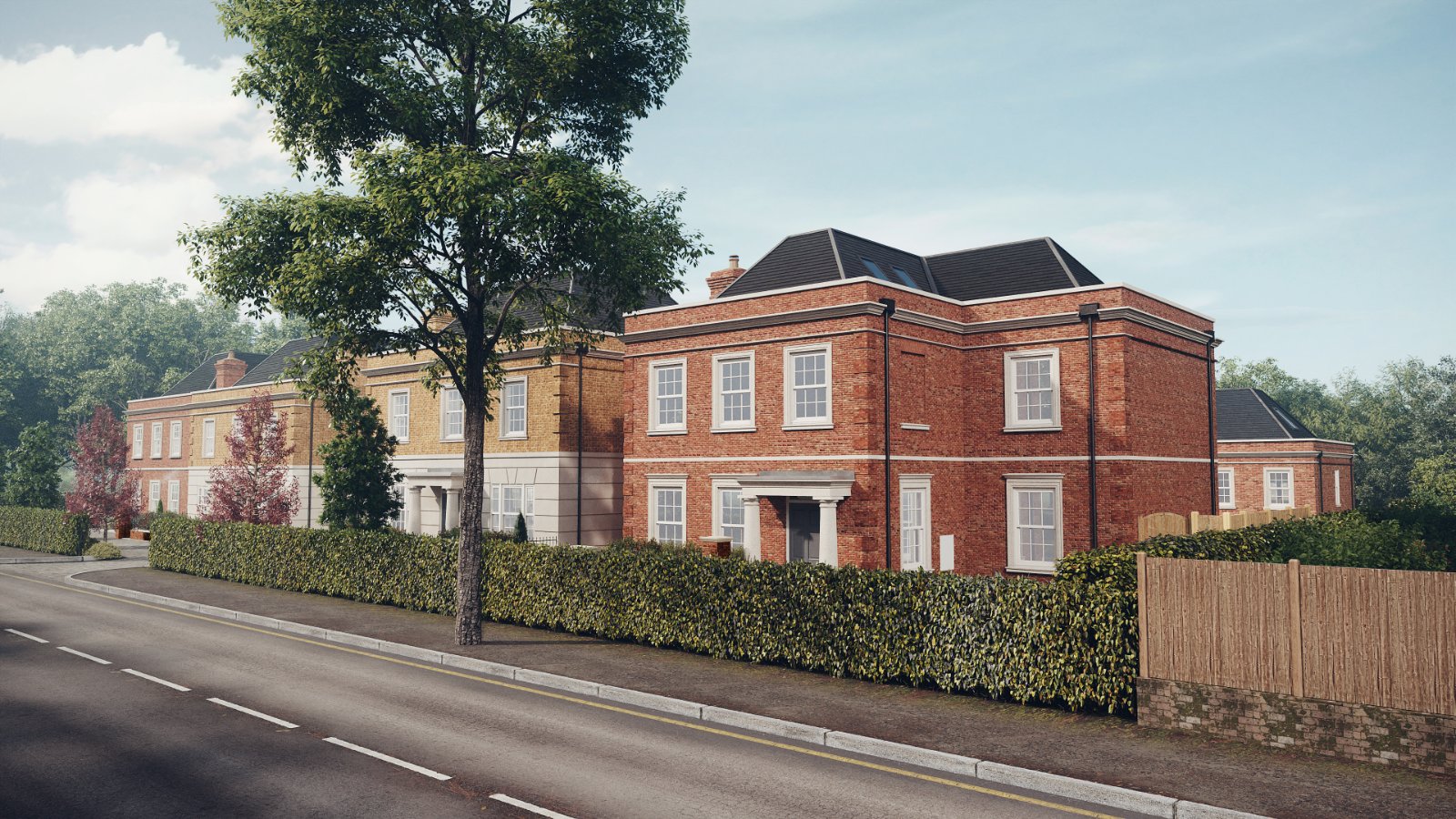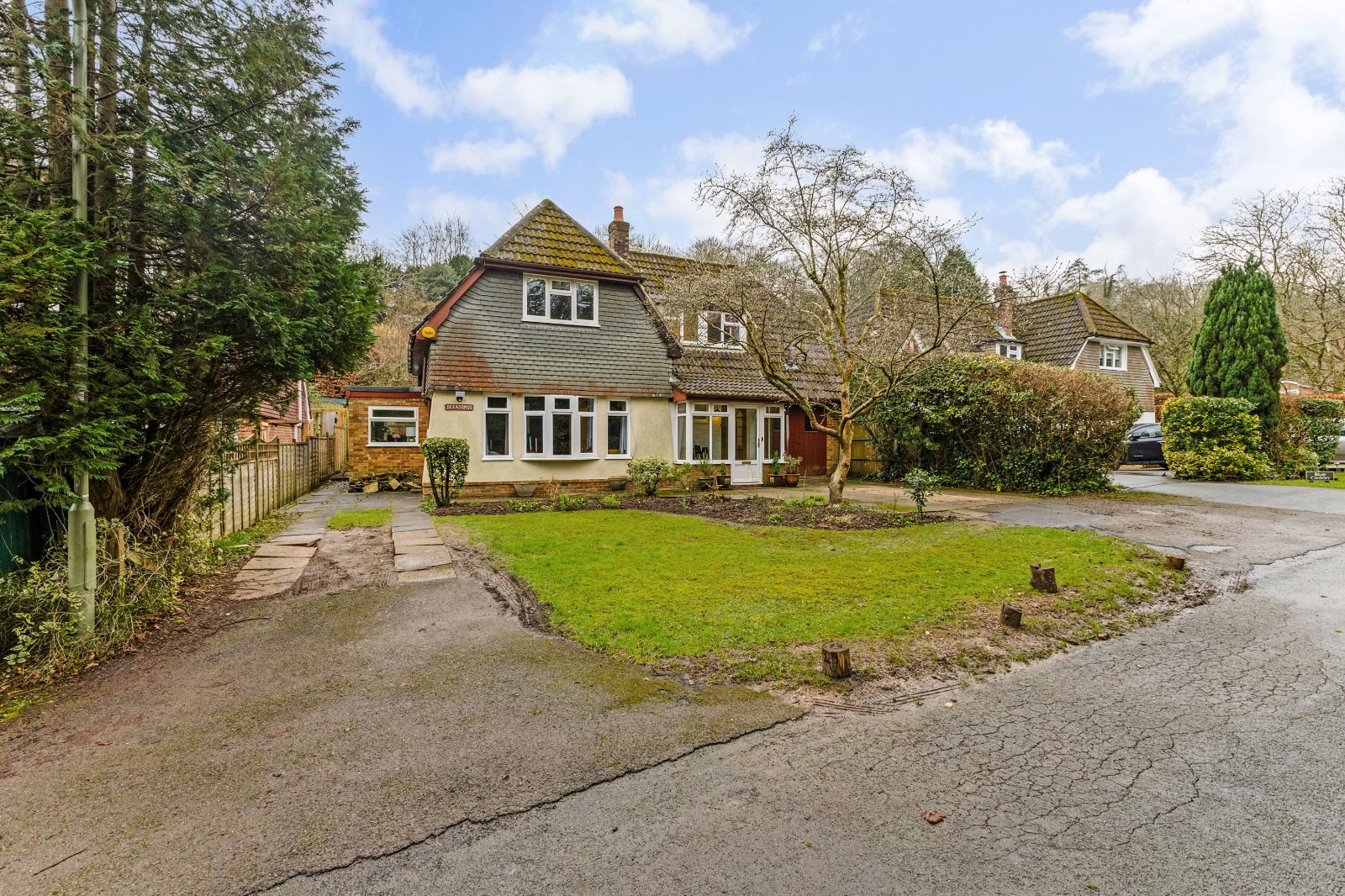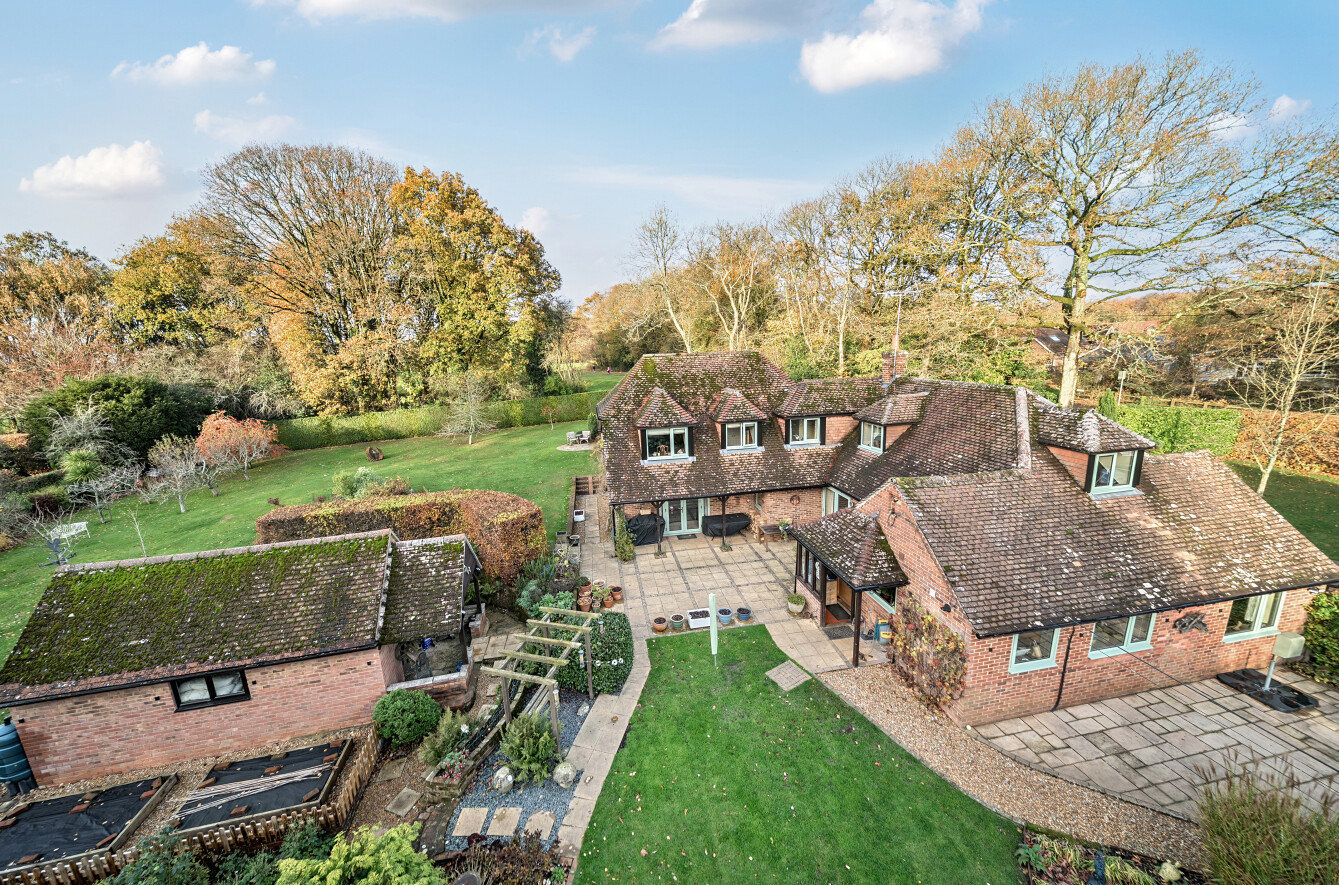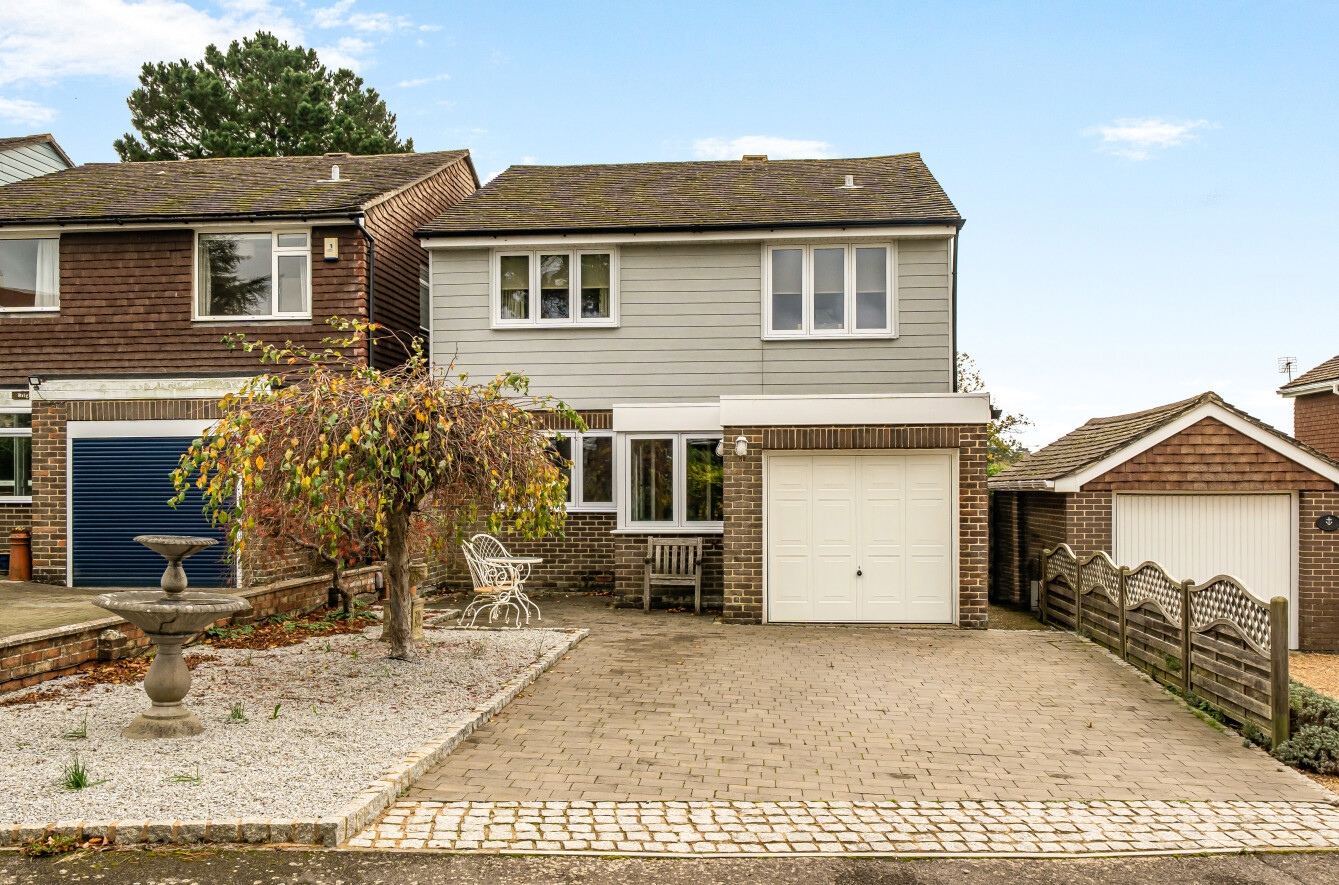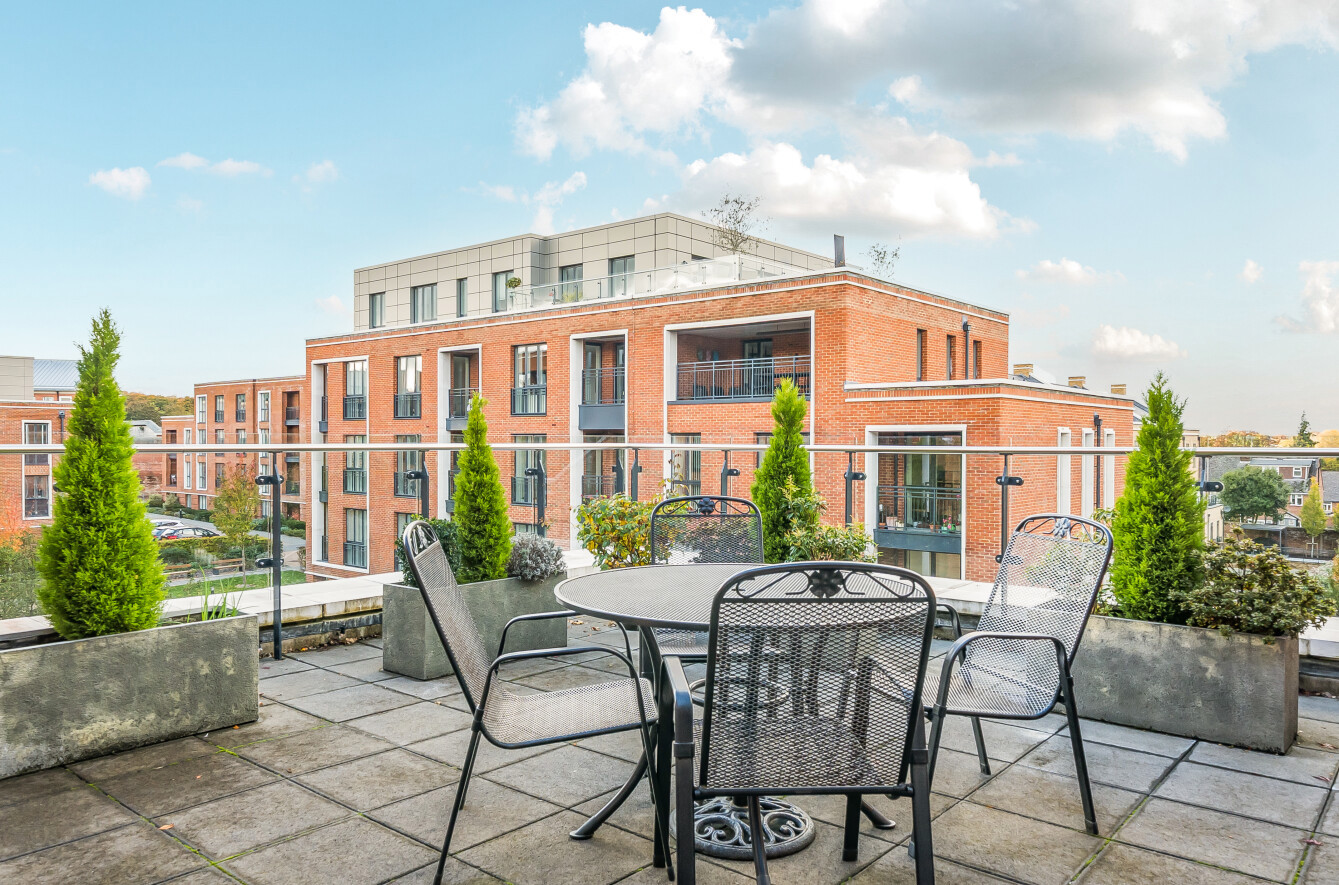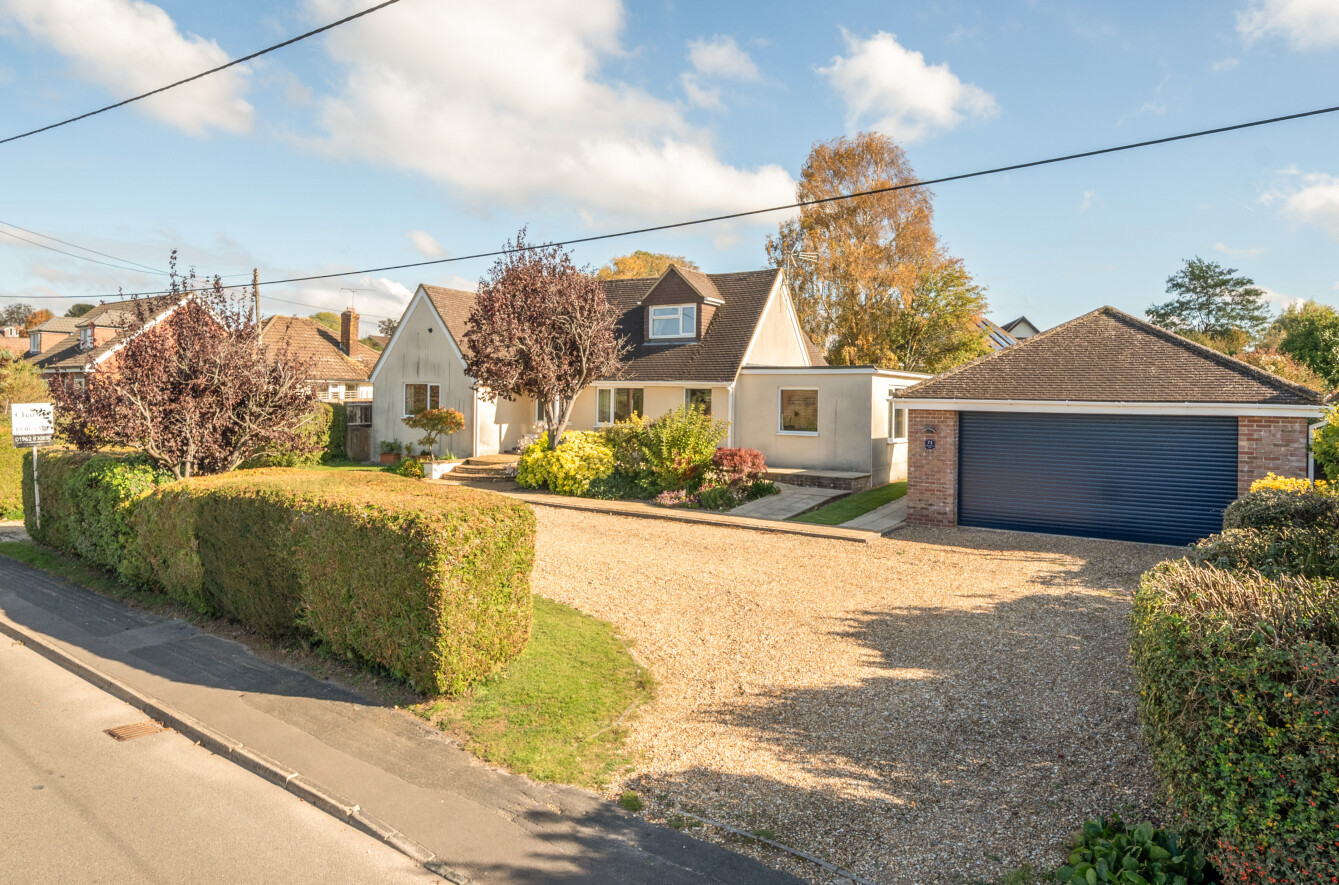Your trusted partner in finding your next home
Charters is the leading choice for homebuyers in the South. We’ve developed strong systems and services to ensure your experience with us is transparent, smooth, and hassle-free.
Properties for sale
Our seamless home buying process
Buying a home can feel overwhelming, especially for first-time buyers. With our step-by-step guide below, we’ll support you every step of the way to help you find your dream home.
Find your local branch
Easily find your nearest Charters branch and connect with one of our experts today. Simply enter your town or postcode below to discover the closest office and get instant directions.
Frequently Asked Questions
Still have questions or need more information? Feel free to browse our guides or reach out to us by speaking to our team.
The overall process of buying a home can vary depending on factors such as the buyers and sellers situations, the complexity of the sale as well as other circumstances. However, on average the process typically takes around 6 months.
Stamp duty is a tax you pay when purchasing a property or land. The amount you pay depends on the purchase price of the property and its location. In England, the stamp duty rates are structured in bands, with higher rates for more expensive properties. First-time buyers may be eligible for discounts or exemptions. The tax is typically paid within 14 days of completing the property transaction.
When you 'exchange'- you exchange contracts with the vendor. It is when you both make a legally binding agreement to buy/sell the house. When you 'complete' - you physically get the keys, move in and gain legal ownership of the property. There is usually a gap between exchange and completion, which can be a couple of days to a few weeks, although it can be longer.
The cost of buying a house includes several expenses beyond the purchase price. You’ll need to cover your deposit and mortgage, as well as solicitor’s fees for legal work. Survey and search costs ensure the property is in good condition. Buildings insurance is usually required and removal costs will vary depending on your move. Additionally, Stamp Duty may be payable on properties above a certain threshold.
Yes, a solicitor must handle the legal side of the sale. We work with a panel of trusted solicitors who we would be happy to recommend to you.
